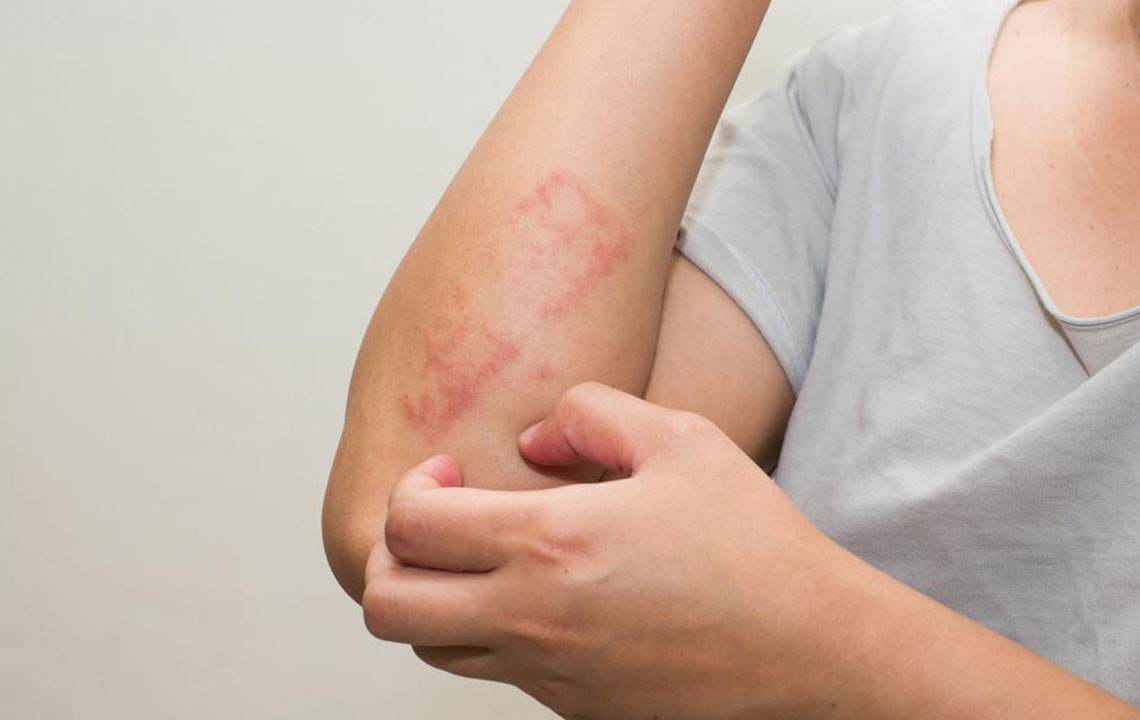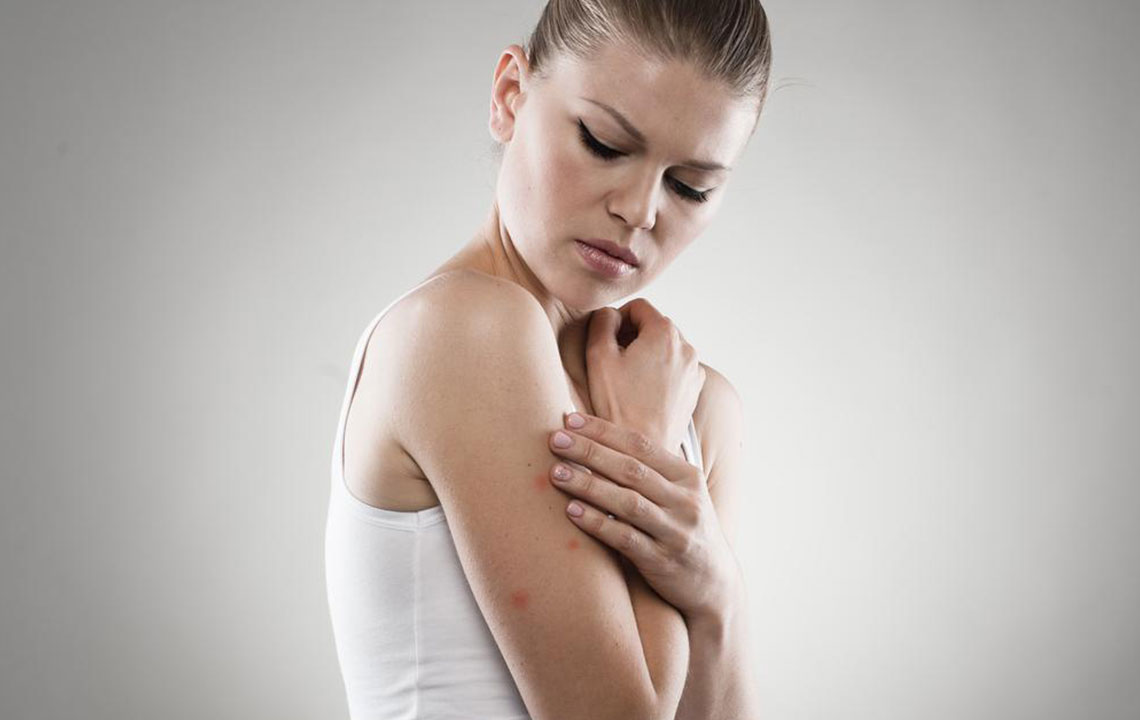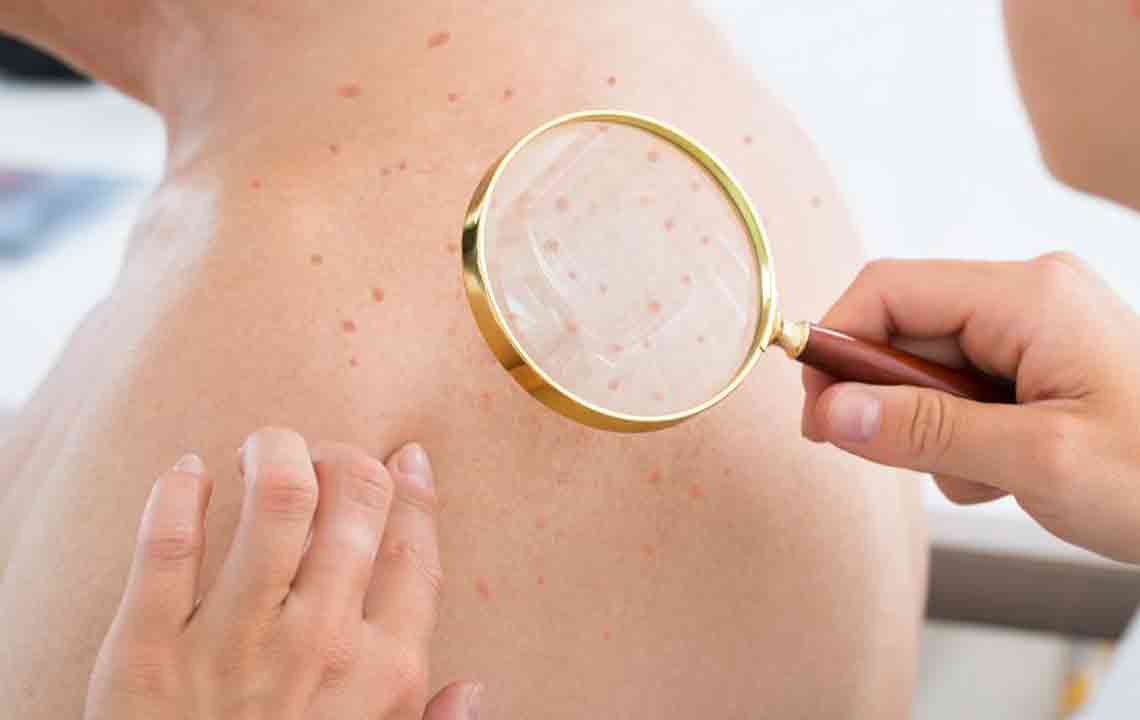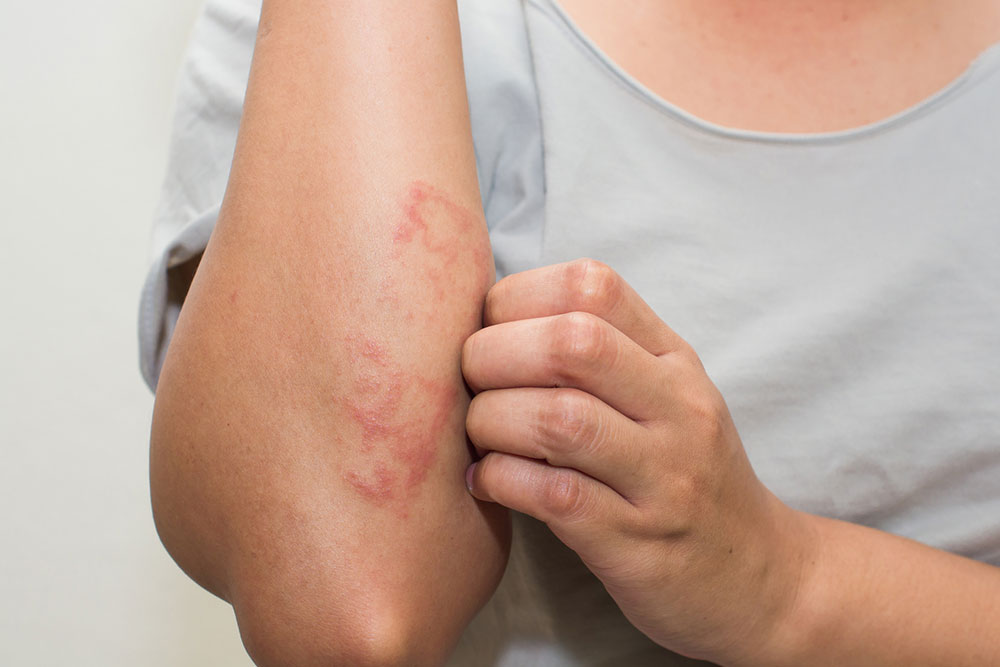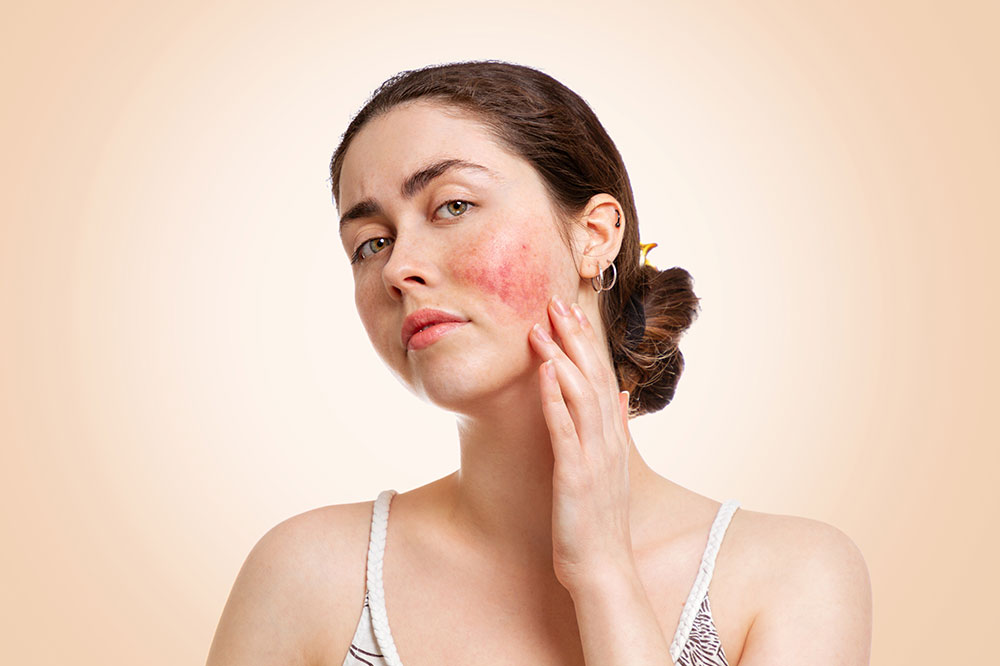Effective Strategies for Recognizing and Managing Skin Rashes
Learn to identify and treat skin rashes effectively. This guide covers symptoms, diagnosis, and management strategies for various skin conditions like eczema and others. Preventive tips are also included to maintain healthy skin and avoid flare-ups. Ideal for individuals with recurring rashes or seeking general skin health advice.
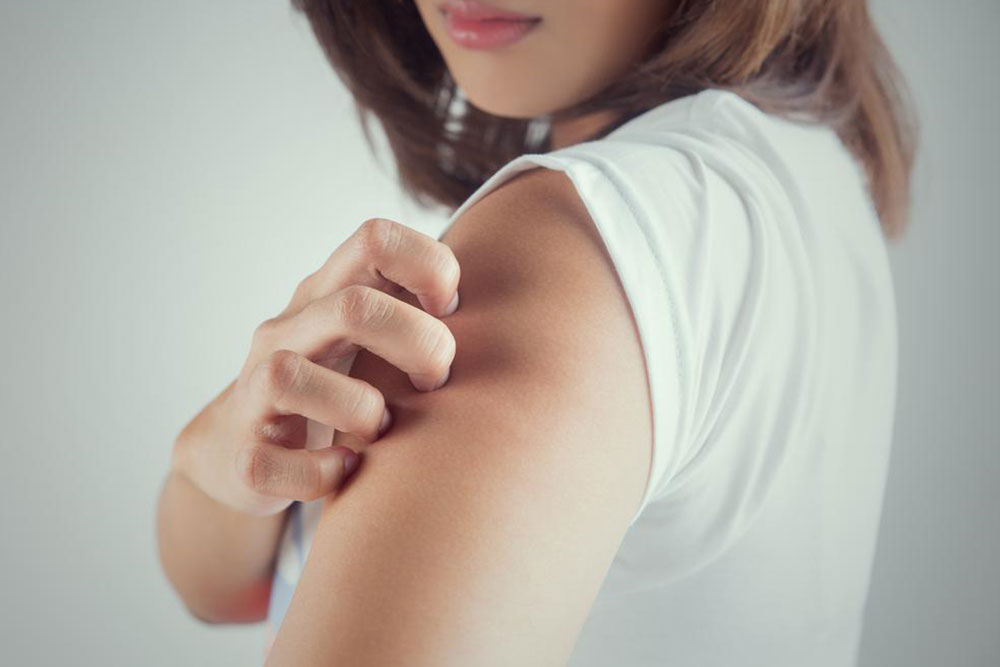
Effective Strategies for Recognizing and Managing Skin Rashes
Skin rashes can cause noticeable changes in skin appearance and feel, often resulting from inflammation due to various triggers. These rashes include types such as lichen planus, granuloma annulare, eczema, and pityriasis rosea. Among them, eczema is most prevalent, characterized by redness, dryness, itching, and inflammation. The exact cause of eczema remains unknown, but it is commonly observed in individuals with allergies or family history of allergic conditions. People with persistent rashes may also experience hay fever or asthma.
How to Recognize Skin Rashes
Accurate identification of skin rashes is vital for effective treatment. Symptoms can differ between individuals but often include redness, swelling, dryness, and scaling. In adults, rashes commonly appear on elbows, knees, neck, and other flexible areas. In children, they may be seen on the face, scalp, elbows, and knees. Key signs include:
Itching and swelling
Skin redness
Dry, scaly patches
Thickened skin from scratching
Sometimes, rashes develop blisters that might ooze if scratched, leading to possible infections.
Diagnosing Skin Rashes
Diagnosis involves a detailed review of medical history and symptoms. A dermatologist examines the affected areas, sometimes performing tests to distinguish rashes from other skin conditions.
Managing Skin Rashes
Treatment options include medicated creams with steroids or hydrocortisone to reduce inflammation, itching, and redness. Severe cases may require corticosteroid pills or injections. Preventive measures include reducing stress, avoiding irritants like harsh soaps, detergents, and scratchy fabrics. It's also advisable to avoid extreme temperature changes, overheating, and sweating.

